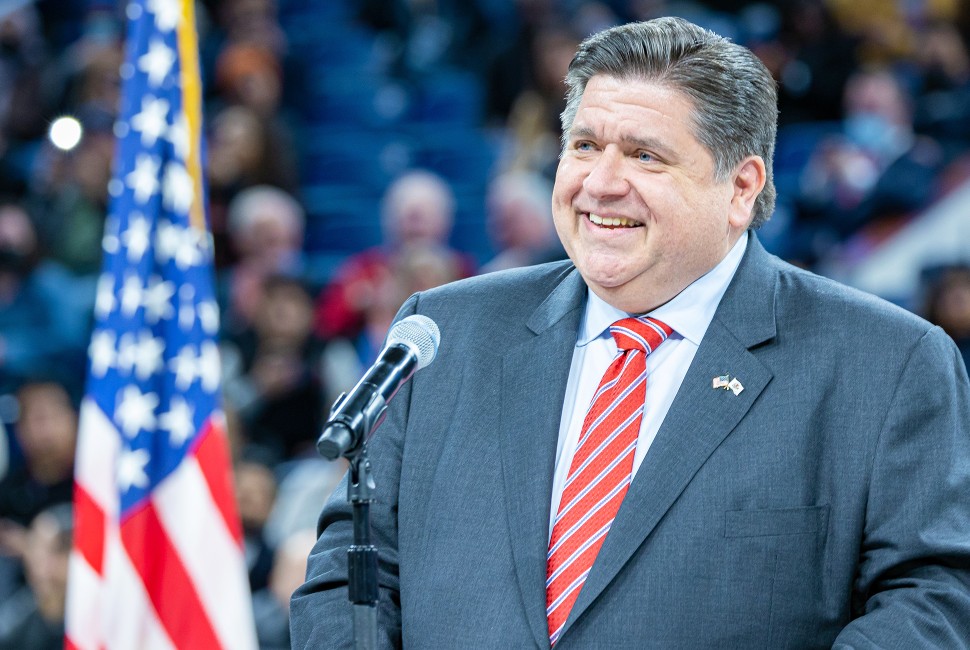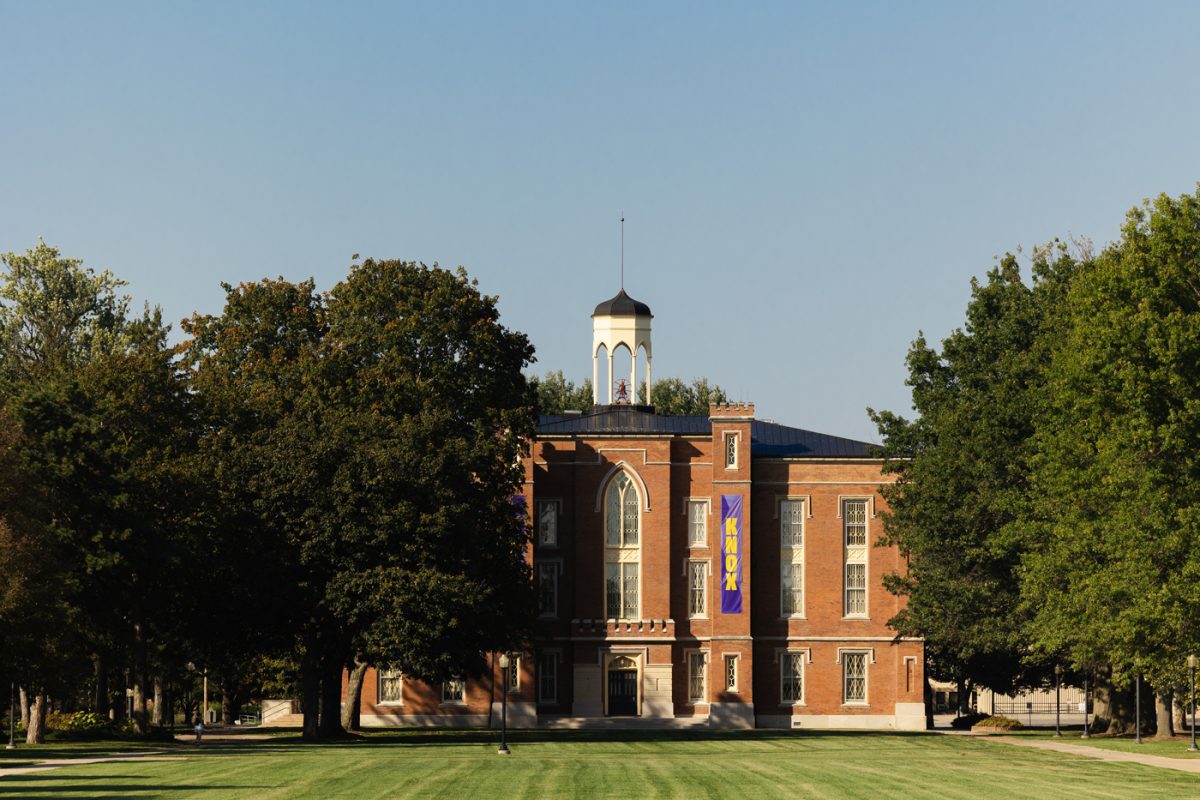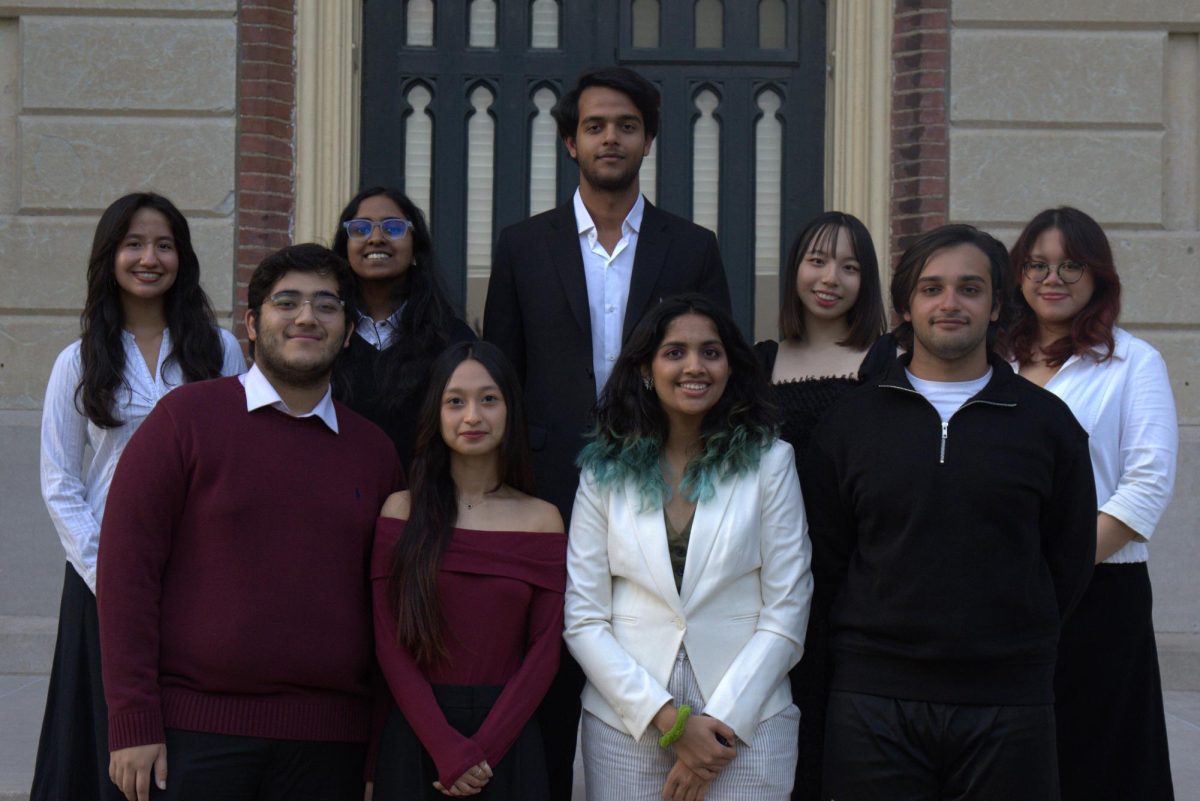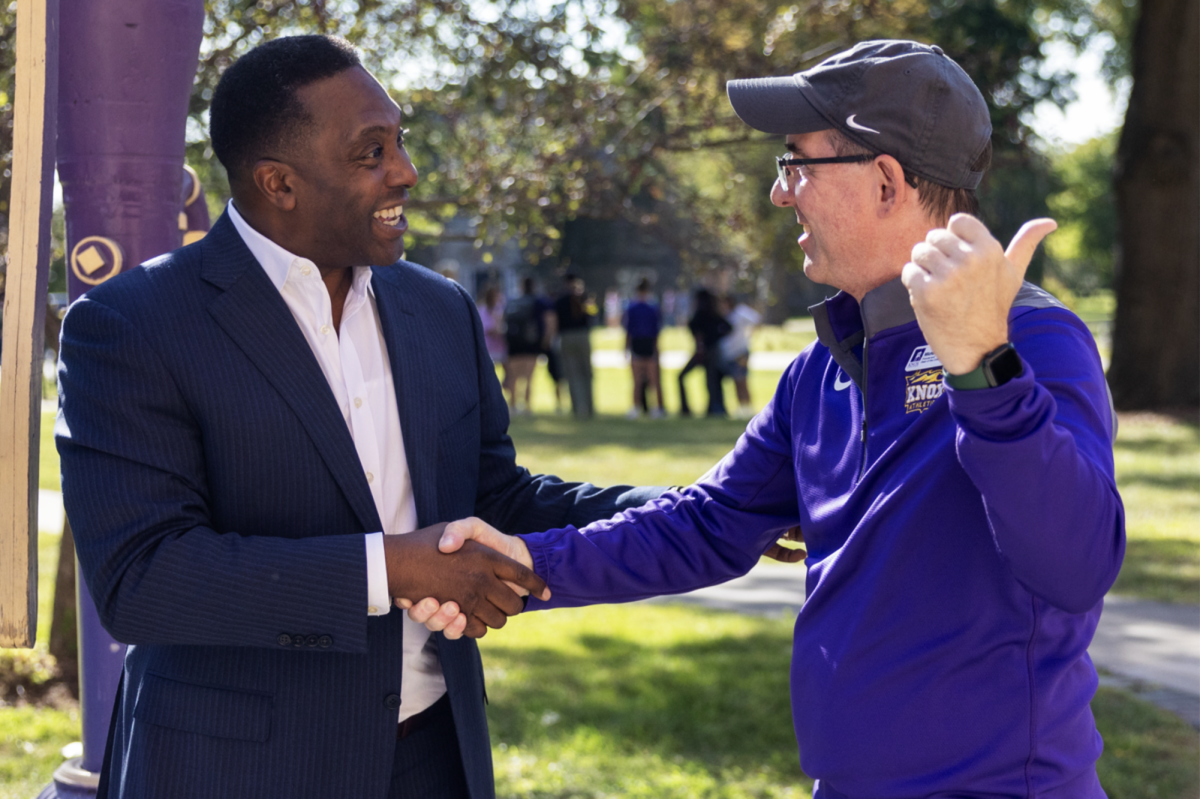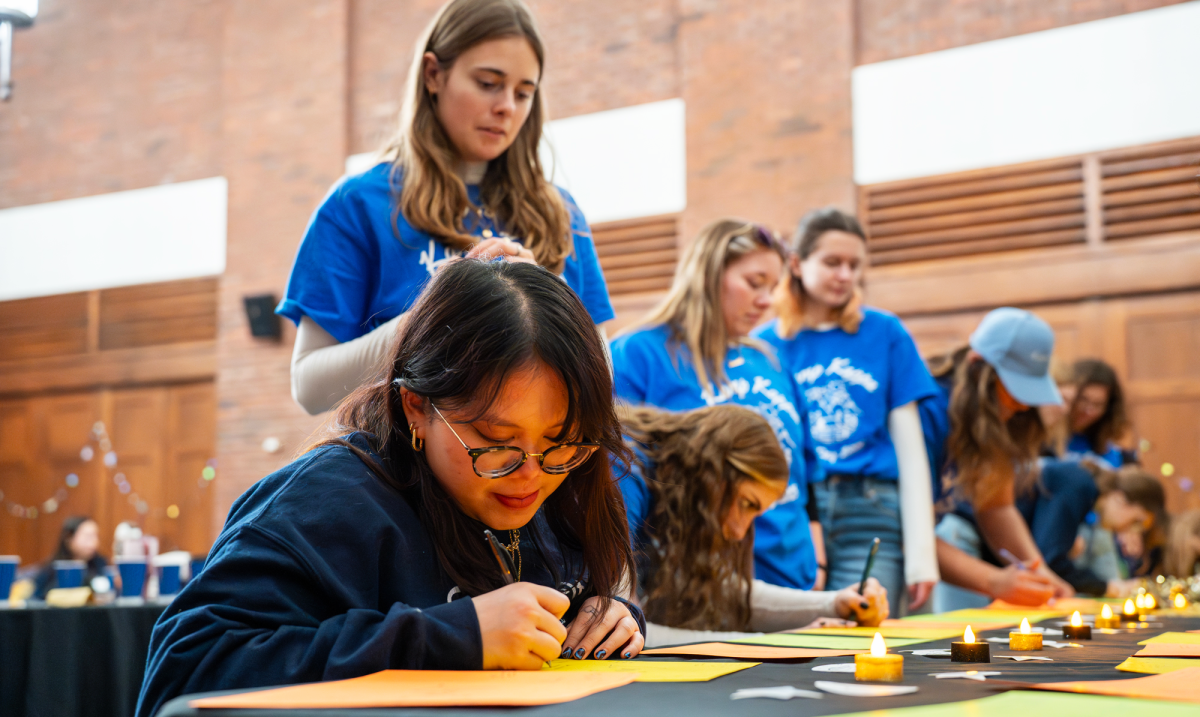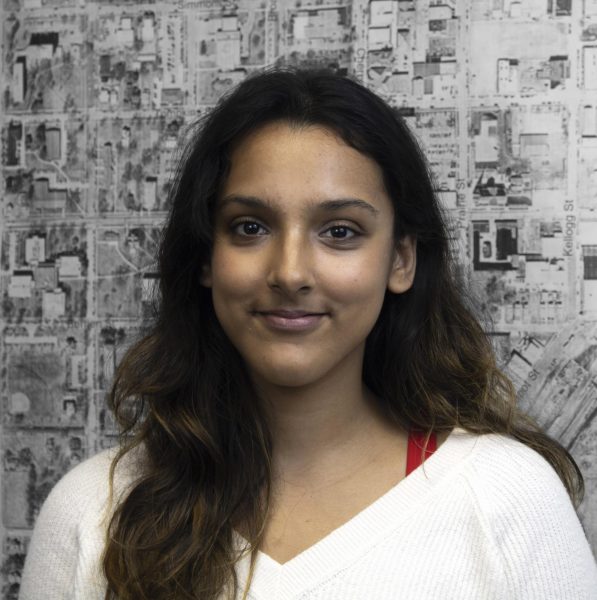With 29 international students, Computer Science (CS) ranks as the most popular major amongst international students at Knox. Business and Management trails close behind with 26 students, and Economics and Data science include 18 students each.

According to the Registrar, the term ‘international student’ refers to students who are citizens of a country that is not the U.S., do not have permanent residency status in the U.S. and are classified as non-resident aliens according to the State Department. Director of International Student Services Alex Pia, believes that these numbers appear because of job market trends and visa processes that impact how international students choose their majors.
“These majors are attached to high paying jobs and The Optional Practical Training (OPT) factors into this because students on OPT with Science Technology Engineering and Maths (STEM) degrees can apply for a OPT STEM Extension, which allows them to stay in the U.S. for an additional two years to work and get experience in their field of study,” Pia said.
These majors are also popular amongst domestic students, with Business and Management being the most popular major and CS being the third most popular. Pia felt that this was because the CS and Data Science programs at Knox were very strong, and attracted a lot of students.

“Before I came to Knox I had actually never taken a CS class, and was thinking about classes for my first term. I thought that some coding/tech skills are pretty necessary to have in this time and age and maybe if I end up liking how the class is structured and the way they teach it I might end up pursuing it. I loved CS even though I had no prior coding experience,” said senior Filza Khan, an international student from Pakistan majoring in Computer Science.
However, Filza Khan also asserted that her CS major was based on “logistical,” rationale too as it offered job and visa security, and OPT was an important factor she considered. Additionally, OPT is only available if you manage to secure a job related to the STEM field you majored in. At the end of three years, after the extension, you need your employer to sponsor a work visa, which is an important factor international students consider when deciding their majors.
“Most international students will opt for majors that allow them easily to get a job or internship, and they will look for a job in a mainstream field, that’s why so many people major in CS,” said senior Thy Le, an international student majoring in CS and Biochemistry.
As Le predicted, some non-STEM majors, which may be viewed as less ‘mainstream,’ remain unpopular amongst international students. For example, Educational Studies and Environmental Science are highly popular majors amongst domestic students, but there are only seven international students majoring in Ed studies, and one in Environmental Science. There is also only one international student each majoring in Journalism, Music, Literature, Spanish, Studio Art, History, and none in Philosophy, Art History, Latin American Studies, Africana Studies, Theatre, Gender and Women’s Studies or Public Policy.
There was consensus amongst all international students that opportunities in the technology field were widespread, and the odds of securing a job that offered visa sponsorship even after the OPT expired were also higher for CS majors. First-year Dibyasha Sharma, an international student from Nepal, highlighted the importance of choosing practical fields like tech and avoiding theoretical fields like mathematics, which is at present not declared by any international student as a major. She believes CS is a broad enough field to build a career in because it is useful in many different careers.
“Maths opened up a field of factual analyst, which is very competitive and apart from that if you want to go further into that, you have to do PhD, and I did not want to choose that route,” said junior Muhammad Subhan Munir, an international student from Pakistan, majoring in Data Science and Economics.
Sometimes concerns of picking the most practical major comes into conflict with what one’s true passion is. Sharma expressed gratitude that the subjects she, “saw her purpose in,” (CS and Economics) and the subjects that offered STEM OPT were the same because if this was not the case, and she had to give up what she loved for the more practical choice, she said she “would not know what to do,”.
“Maybe I would’ve done a CS and literature double major because I always enjoyed that but I decided to stick with CS and Econ because Econ is also more of a “safe” pathway,” she said.
However, for others, the conflict between the practical and passion proved more difficult to overcome.
“If I was an American, I would love to pick art,” junior Ulpanay Djoldasova said.
Djoldasova, an international student from Uzbekistan, majoring in Biology, carries a pencil case she had learned to sew in a sewing class back home.

She recollected times from her childhood when her father would travel to a different city and ask her if she wanted something. She would want beads and stones she could use to make her own jewelry. She said that her true passion was art, which felt to her like a “therapy session,” and an important piece of her “other universe.” Regardless, aside from OPT and visa concerns, she believed Biology and pre-health offered her the chance to make the most of her opportunities in the US.
“Being able to stay here and use all the opportunities that are provided to me is important because back home I won’t have the chances to do anything medicine related and even if I do it, it’s not going to be as good as here, quality wise. This is because back home there is a lot of corruption. To get a good grade, a lot of places ask you for money, and I didn’t want to buy my grades,” Djoldasova said.
Due to the range of reasons, including availability of OPT, job opportunities, and personal passion, students such as sophomore Meher Khan, like Djoldasova, feel the pressure of, “not getting it wrong,” when it comes to choosing a major, and making the most of the options offered in the US.
Perhaps for this reason, a total of 75 international students, including Meher Khan, have not declared their majors. Pia also believes that aside from navigating the pressures of visa processes and job market trends, while balancing what they are passionate about, international students’ choice of majors is also largely influenced by their parents.
“If I was a domestic student, I honestly don’t know what I would major in, but because of my upbringing, my mother has played a major role in me focusing on STEM studies,” sophomore Neuroscience major Sikandar Mateen, an international student from Pakistan, said.
Meher Khan also acknowledged that she sought suggestions from family and friends, and learned that most people who had good jobs in the US had majored in CS.
Even after having a STEM OPT, and managing to secure a job that offers you visa sponsorship, international students have to go through a lottery for a work visa, which is highly competitive and dependent on chance. Amidst these various concerns that influence many international students’ choice of a major, some students, such as junior Business Management and Creative Writing major Diya Goyal, an international student from India, feel that the most important thing is to pick what they “love.”
“I’m not too worried about jobs or OPT because I think that if I’m doing what I love and going where I want to go, the stars will align for me,” Goyal said.
The Business and Management major began at Knox in 2018, as a “student-demand driven” initiative, according to Professor of Practice in Business and Management, Jeffrey Gomer, and it is the second most popular major amongst international students, despite the fact that it does not offer a STEM OPT. Gomer acknowledged the “pretty darn good” department at Knox, the connection between business theory and real life business situations, and the range of job opportunities in accounting, finance or auditing work as potential reasons for the popularity of the department across the board.

